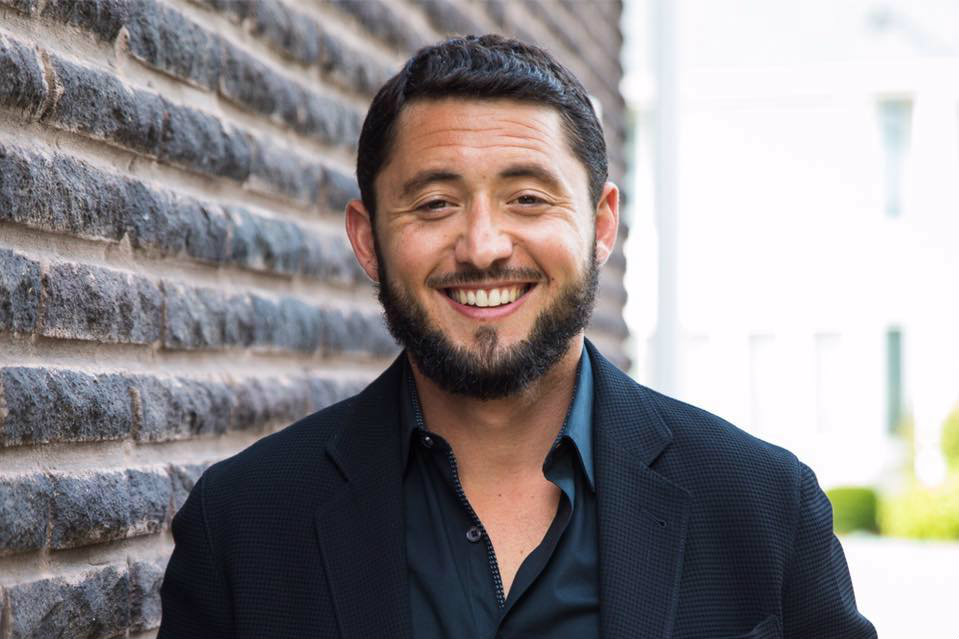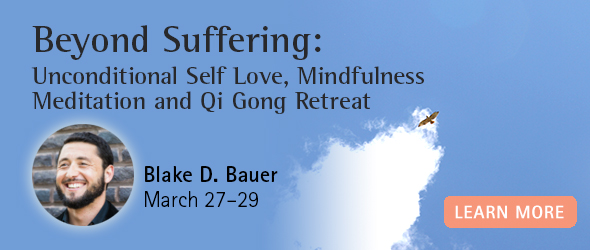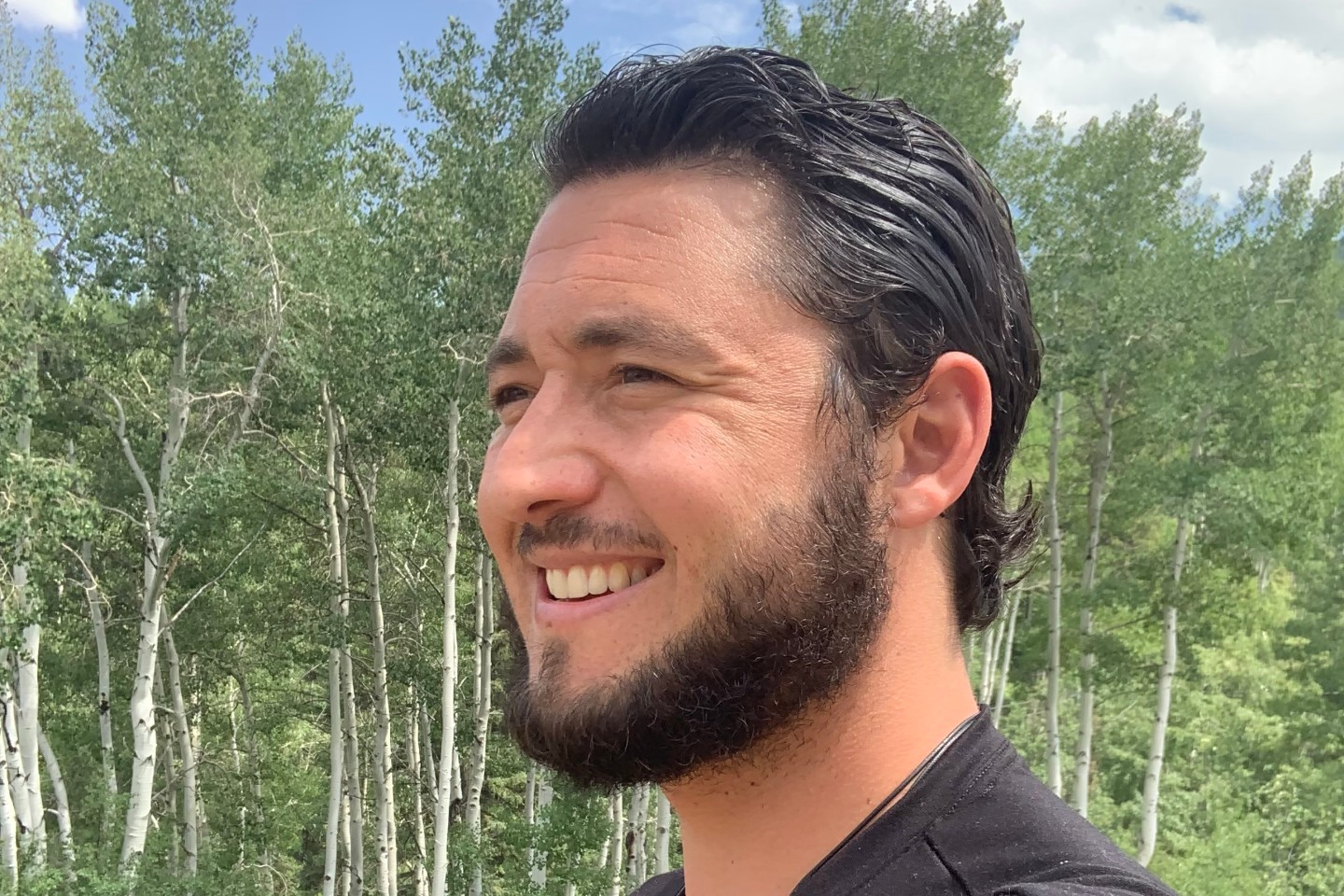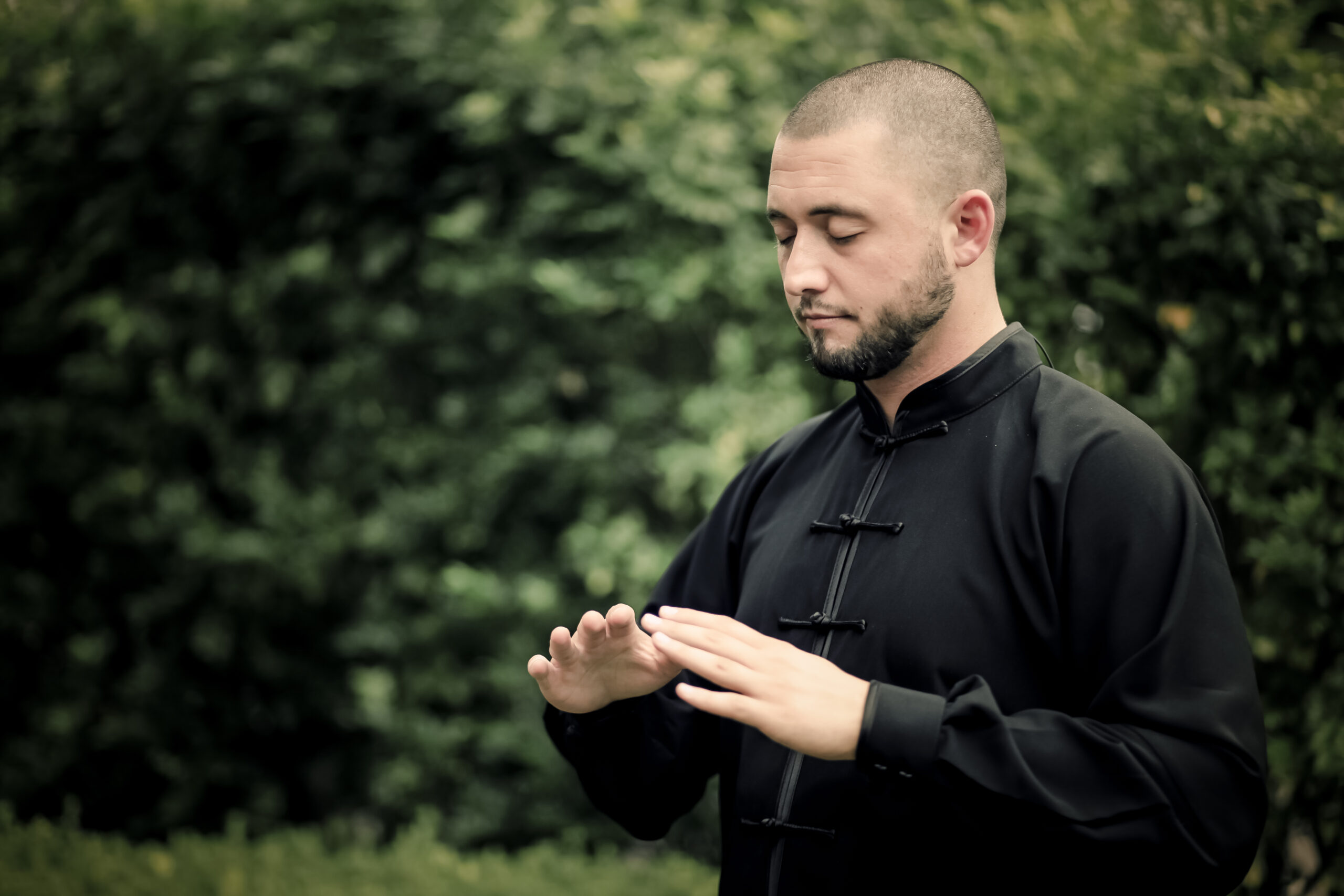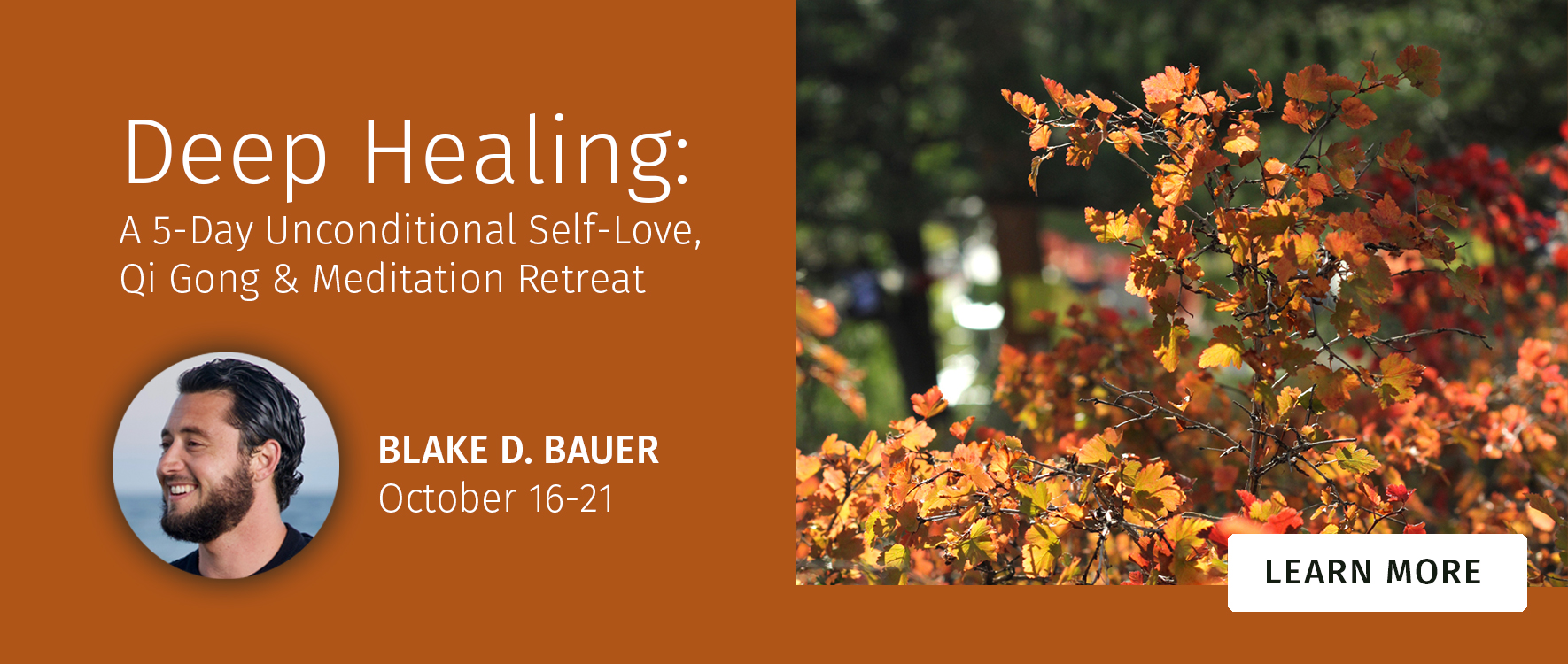Healthy Commitment to Self and Other
By Blake D. Bauer //
I used to believe that commitment and freedom could not exist together. I thought I could have one but not both. I later learned the highest degree of freedom available was only reached through wholehearted commitment. It is a vital paradox. The key distinction here that is crucial to understand, but often extremely confusing, is that we must learn to commit to loving ourselves first and thus to fulfilling our life purpose before any other form of external commitment can begin or remain healthy. Until we can commit to saying our deeper feelings, values, needs and aspirations matter in each situation, our personal and professional commitments will always result in stress, confusion, struggle or heartache — especially our intimate relationships.
If you’re currently having trouble committing to an intimate relationship it’s important to be kind toward yourself as you navigate your next steps. You are feeling this way for a reason. No one wants to feel insecure, distrusting, owned, controlled, or limited in partnership. It is equally important however to become aware of why you feel as you do. For this reason it’s empowering to know the main reason we struggle with commitment, whether we’re starting a new relationship or questioning an existing one, is because we still have not fully committed to ourselves, which ultimately entails learning to value and be true to ourselves in all our interactions. This is a major challenge for all of us, but it’s the only road to lasting peace, happiness, and freedom — particularly if you want lasting true love.
A relationship cannot be healthy or sustainable if our relationship with ourselves is not healthy and intimately honest. If we have not consciously made a commitment to be true to ourselves on a daily basis, we cannot put or keep two feet in a relationship. Likewise, if we haven’t learned to make ourselves happy, then we have a habit of always trying to please others in hopes they will return the favor, which inevitably leads to painful lessons. When we have not learned to enjoy our own company and thus don’t value our own space yet, we will just fill it with people who limit us, solely because we fear being alone, which always results in a vicious cycle of feeling trapped and resentful, while we blame a partner for what we haven’t addressed in ourselves.
For these reasons, when we feel we do not have the tools or the practice to honor, express and act upon our true needs, feelings and goals, we’ll either avoid all forms of commitment or we’ll end up in situations that we cannot give ourselves fully to. In both cases we often fear we’ll lose ourselves in the relationship which leads to both a fear of entering them and to a desire to be free from an existing one. This fact is intimately connected to a current reality where most of us betray ourselves to some degree. We habitually please others to our own detriment in exchange for companionship, love, affection, attention and support, which justifiably leaves us fearful of hurting ourselves and of allowing ourselves to get hurt.
After having our heart broken, or breaking another’s heart, it can be scary to give ourselves fully to someone or to feel someone giving themselves to us. Both dynamics bring us back to the task of talking about our current feelings, fears, needs, reservations, and hopes, so both parties feel all cards are on the table. When one or both parties is able to honor themselves in this way, it symbolizes a healthy commitment to oneself, the result of which is always less assumption and more truth, which leads to less pain and fewer games.
Whether a relationship is just starting or is pre-existing but now changing, by honoring our instinct in situations where there is a lack of clarity, we stop betraying what we feel and thus avoid attracting betrayal from others. When we speak to our intuitive gut feelings rather than brushing them under the carpet we also prevent situations where we’re perceived as the betrayer. In simple terms, saying yes when we feel no or saying no when we want to say yes, both lead to sadness, hurt, and dissatisfaction. Making promises we don’t feel completely good about or asking for a commitment from someone who we know is not ready, are both forms of self-betrayal. They are habits grounded in insecurity and it’s how we make ourselves the victim of what we fear.
Once we’re more practiced in speaking and acting based on our truth however, we do become willing and able to give ourselves fully to an intimate relationship — if this is in fact what we want and what feels good to us. When we finally trust ourselves we can consciously choose to commit to another, because we’re confident we will not lose, abandon or hurt ourselves with or for them. Ideally we want to feel good, happy and whole without needing someone in our life though, and then if we feel nourished, engaged and inspired by someone’s presence, we will naturally feel inclined to spend time with them, regardless of where it leads. Similarly, when we’re met in this way by another person who’s coming from a place of self-awareness and wholeness, they too don’t need us but rather want to share themselves with us. A time may come when this changes though, and if it does, because we do love and value ourselves, based on a solid commitment to ourselves, we will also know it is as it’s meant to be, so we’ll be okay and eventually we’ll find someone else to share our life with if this is what we desire.
Beyond a day to day authenticity, our commitments often become habitual and empty. For many people they are inherited social customs, held in place by limiting beliefs, which mask our fears, insecurities and untapped ability to express ourselves. This is why so many people break their promises or end up running from their commitments. They have signed up for something they were not ready for because they did not understand or love themselves yet.
Genuine commitment is really based on a choice we make each day to be real and respectful first toward ourselves and then with those we are in relationship to. If we are rejecting or hiding any part of us, our external commitments will simply mirror back to us where and how we are abandoning ourselves. These commitments will temporarily take us away from the peace, joy and love we’re seeking, which are already present now beneath our fears, wounds, and the voices in our head. Paradoxically and purposefully, we all try to escape ourselves sometimes through pre-mature or excessive external commitments, ultimately so we can then find, love and commit to ourselves in a deeper way.
As the popular saying goes, it is true that love can only exist in freedom. Yet simultaneously we’re all looking to share the tremendous amount of love we have in our heart with people who appreciate and respect us. For this reason it’s critical we make a wholehearted commitment to developing the healthy self-intimacy and self-awareness necessary to create nourishing forms of intimacy with others. Once we finally do, our heart will always guide us through confusion, fear and pain toward relationships that are supportive, vital, and joyful.
About the Author


